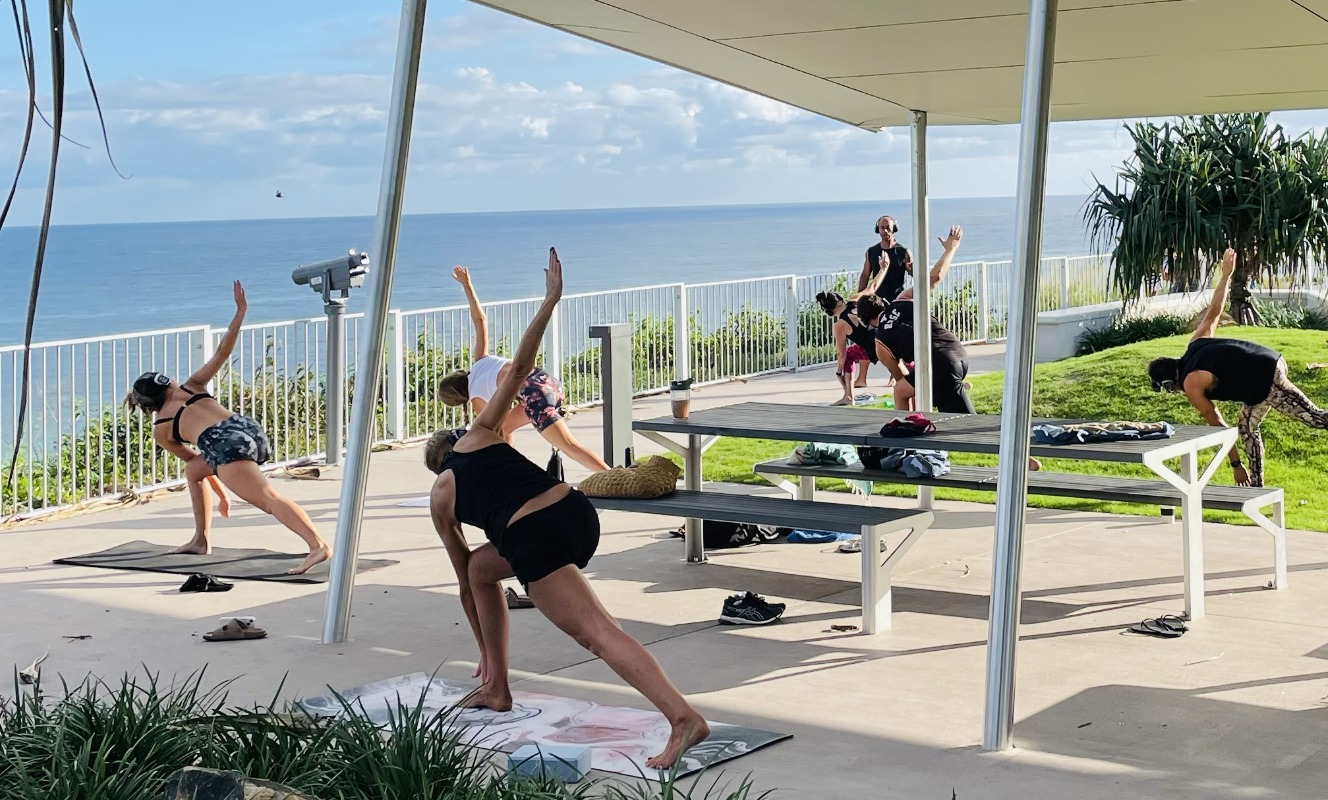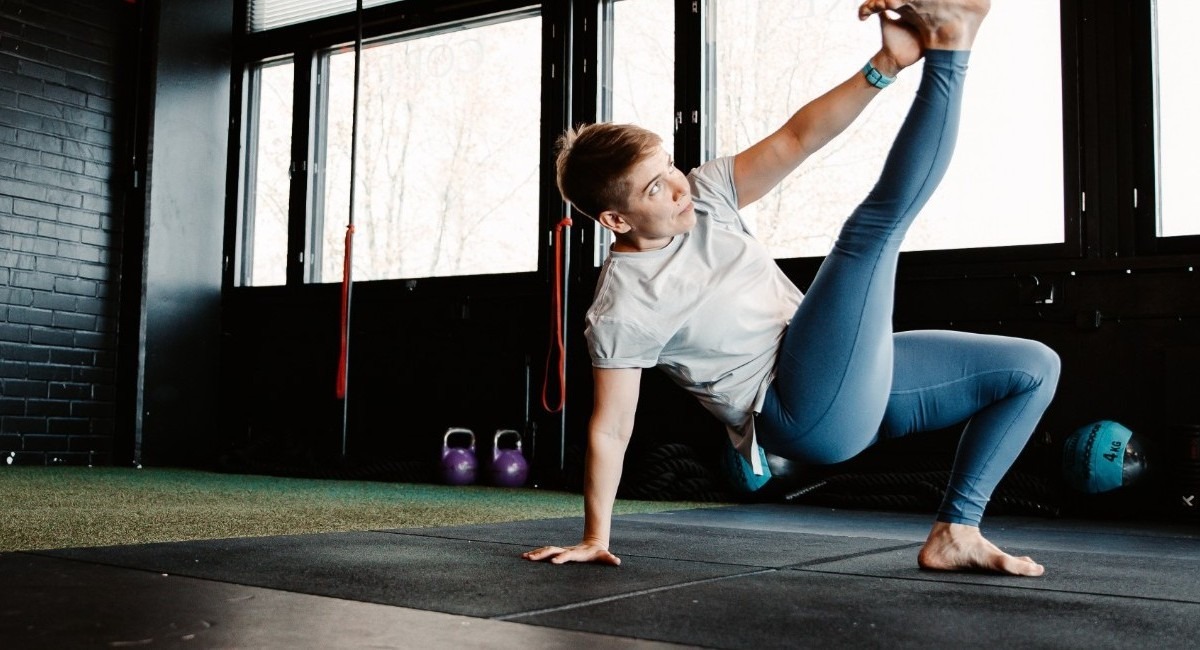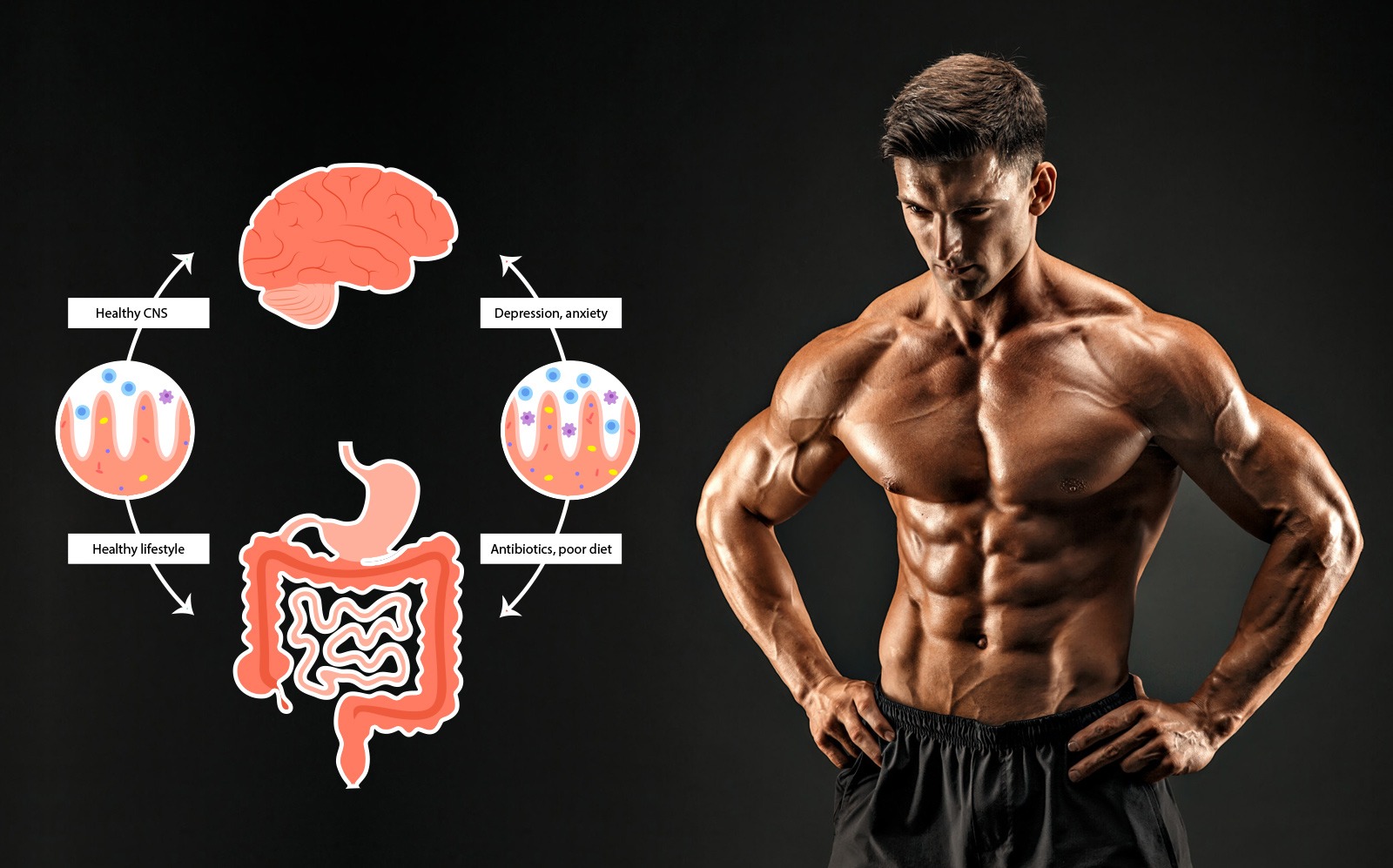
From Field to Fitness: The Health Benefits of Playing Sports
Playing sports is not just about winning games or trophies; it's a gateway to holistic health and fitness. From improving physical strength and stamina to enhancing mental well-being and fostering social connections, engaging in sports can transform lives. This article explores how playing sports positively impacts physical, mental, and emotional health while encouraging a lifelong commitment to fitness.
💪 Fitness Guru
14 min read · 3, Jan 2025

Physical Benefits
1. Improved Cardiovascular Health: Engaging in sports like soccer, basketball, or swimming increases heart rate, strengthening the heart muscles and improving circulation. Regular participation reduces the risk of heart diseases, hypertension, and stroke.
2. Enhanced Muscle and Bone Strength: Sports involve rigorous physical activity that helps build muscle mass and improve bone density. Weight-bearing sports like tennis and running are especially beneficial in preventing osteoporosis and maintaining a strong skeletal structure.
3. Better Flexibility and Coordination: Sports such as gymnastics, yoga, and martial arts enhance flexibility, balance, and coordination. These skills are not only crucial for sports performance but also help in everyday activities.
4. Weight Management: Playing sports burns calories efficiently, making it a fun and effective way to manage or reduce weight. For example, a game of basketball can burn up to 600 calories per hour.
5. Strengthened Immune System: Regular physical activity boosts the immune system by promoting the production of antibodies and white blood cells. This helps the body fight infections more effectively.
Mental Health Benefits
1. Stress Relief: Sports act as a natural stress-buster. Physical exertion releases endorphins, the body's feel-good hormones, reducing stress and anxiety levels.
2. Enhanced Mood and Mental Clarity: Engaging in sports increases serotonin levels in the brain, improving mood and combating depression. Activities requiring strategic thinking, like chess or team sports, also sharpen mental focus and decision-making skills.
3. Better Sleep Patterns: The physical activity involved in sports promotes deeper and more restful sleep. It helps regulate the body's natural sleep-wake cycle, ensuring better recovery and energy levels for the next day.
4. Boosted Self-Esteem and Confidence: Achieving goals, learning new skills, or even small victories on the field boost self-confidence. It instills a sense of accomplishment and resilience, helping individuals tackle challenges in other areas of life.
5. Improved Cognitive Functions: Studies show that regular sports participation enhances memory, concentration, and problem-solving abilities. The mental agility required in sports translates into sharper cognitive functions.
Emotional and Social Benefits
1. Building Relationships: Team sports foster camaraderie and teach valuable lessons in teamwork, communication, and leadership. These connections often extend beyond the field, creating lasting friendships.
2. Discipline and Time Management: Sports teach discipline, perseverance, and the value of hard work. Balancing practice sessions with other responsibilities instills time management skills that benefit all areas of life.
3. A Sense of Belonging: Being part of a team or sports community provides a sense of identity and belonging, reducing feelings of isolation and loneliness.
4. Emotional Resilience: Sports teach individuals how to handle wins and losses gracefully. This emotional resilience prepares them to face life's ups and downs with a balanced mindset.
5. Inspiration and Motivation: Sports often serve as a source of inspiration. Watching others excel or overcoming personal barriers can motivate individuals to push their limits and strive for greatness.
Long-Term Benefits
1. Lifelong Fitness: Developing a love for sports at a young age often translates into a lifelong commitment to fitness. Many individuals continue to engage in recreational sports or physical activities well into their senior years.
2. Reduced Risk of Chronic Diseases: Regular sports participation reduces the likelihood of developing chronic conditions like diabetes, arthritis, and obesity. It also promotes healthy aging by maintaining mobility and strength.
3. Enhanced Quality of Life: The holistic benefits of sports contribute to an overall better quality of life. Physical health, mental well-being, and social connections together create a fulfilling lifestyle.
Tips to Incorporate Sports into Your Life
- Choose What You Love: Select a sport you enjoy to ensure consistency and enthusiasm.
- Set Realistic Goals: Start with achievable milestones to stay motivated and track progress.
- Join a Community: Enroll in local clubs, leagues, or classes to make the experience social and engaging.
- Make Time: Allocate specific time slots for sports in your weekly routine.
- Stay Safe: Use proper gear and follow safety guidelines to prevent injuries.
- Encourage Family Participation: Involving family members makes it more fun and strengthens bonds.
Q&A Section
Ques 1: Can sports benefit older adults?
Ans: Absolutely! Sports like swimming, yoga, and golf are excellent for older adults. They help maintain flexibility, strength, and cardiovascular health while promoting social interactions.
Ques 2: What sports are best for mental health?
Ans: Sports like yoga, swimming, and tennis are great for mental health as they combine physical exertion with mindfulness and stress relief.
Ques 3: How do team sports improve social skills?
Ans: Team sports encourage communication, collaboration, and conflict resolution, which are essential social skills. They also teach individuals how to work collectively towards a common goal.
Ques 4: Are there any risks involved in playing sports?
Ans: While sports offer numerous benefits, they can pose risks like injuries or burnout if not approached correctly. Always use proper techniques, wear protective gear, and allow time for rest and recovery.
Ques 5: How much time should one dedicate to sports weekly?
Ans: The World Health Organization recommends at least 150 minutes of moderate-intensity physical activity per week. This can be divided into 30-minute sessions, five
Similar Articles
Find more relatable content in similar Articles

The Science of Breathwork: Fitness Beyond Muscles...
Exploring how conscious contro.. Read More

The Silent Workout: Fitness Without Any Equipment or Noise...
“Discover the power of silent .. Read More

Fitness Lessons from Wild Animals – Move Like Nature Intende..
“Discover how observing wild a.. Read More

Microbiome and Muscle: Gut Health as a Hidden Fitness Tool...
Unlock the hidden potential of.. Read More
© 2024 Copyrights by rFitness. All Rights Reserved.